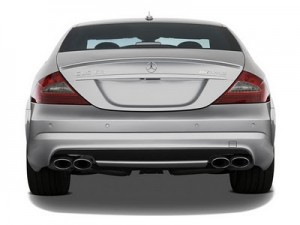Why Alignments in Mercedes is Vital
Wheel alignment refers to the position of the wheels of your vehicle relative to each other and to the ground. So why is their proper alignment so important? Bottom line: it prolongs the life of your car and saves you money.
Driving over curbs, through potholes, and over speed bumps can damage your car’s wheel alignment. As a result, its handling can be affected, making it feel as though it’s pulling to one side or causing it to shake. It can also increase your fuel consumption.
Poor wheel alignment reduces tire life on the rear tires as well as on your front tires. In fact, the most common cause of unusual tire wear is improper alignment. Noticeably uneven tread wear is an indication of poor wheel alignment and is a matter that has to be dealt with. Various state laws call for tire tread depth to have a minimum of 2/32″ remaining tread depth before they are considered worn.
Why should you have your car’s alignment repaired? Doing so:
- results in better fuel mileage – A correct alignment minimizes rolling resistance for improved fuel efficiency.
- reduces strain – You get less strain on your car’s steering and suspension parts, along with increased directional stability.
- reduces tire wear – You can add thousands of miles on to your tires’ life.
- improves handling – Road handling and steering improves as your car travels straight, ensuring that any road shock is more efficiently absorbed for a smoother, more comfortable ride.
- results in safer driving – The alignment process checks you car for worn parts before they become costly and unsafe problems.
How often should I have my wheels aligned?
Look to your car’s owner’s manual, but it’s recommended that your have wheel alignments performed around every 10,000 miles or once a year.
What’s included in a wheel alignment check?
It’s important to be sure that your wheel alignment check is as comprehensive as possible. Checks should include:
- tires and pressures
- suspension and bearings
- front toe (in and out)
- rear toe (in and out)
- rear wheel thrust angle
- roll steer
- camber
- caster
- ride height
If your car is starting to show any of the signs of a problem wheel alignment, don’t wait. A proper wheel alignment will save you money, keep you driving safely, and help keep your car in great running order.





